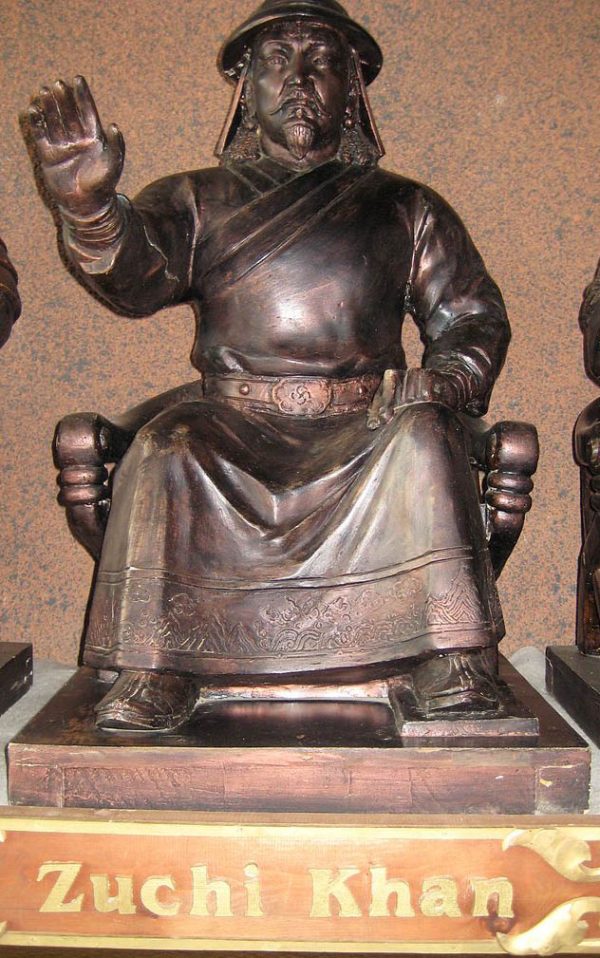Juchi Poem by Oleg Vorobyov
Juchi
Betwixt the Irtysh and the Ural
Had lain the stretch of luxuriant plains,
Be-stamped with hoof, and doomed for slain,
A living gorgeous crystal
Set in the grand and lush Ulus,
With the north bordering on Rus,
The south on the extinct Khwarezm.
"The Universe-Shaker" Genghis Khan,
Had granted those new conquered lands
To his offspring, the senior son
As far as the hooves of Mongol horse
Had trodden on the sweeping course
To overcome the vastest steppes
Where sun is never at eclipse.
The legend has, there'd been a discord
Between the son and merciless sire.
Perhaps he wished to cut the cord
Of his son's life in a wild desire.
And, haply, a desperate koulan kicked
The hunter-son in self-defence.
So, the son fell, an ominous bird shrieked.
The steppe turned a shroud, frozen trance.
How break the news to awesome father,
With any ill sayer put to death?
No a direct talk, nor a hint, nor a palaver
Could cover the bereavement underneath.
And then the train asked a court musician,
To play his most truthful Morin Khuur
And thus fulfill a dolorous mission
To find for the Khan's wrath a due cure.
The old man agreed to list to the tune,
A most heart-rending allegory.
(None against sudden losses is immune,
No man is in a whole life' story)
As the zither wept, so the great Khan wept
And the hardened heart subdued a vent
To grief immense, regret inept, -
The player could the ire prevent.
I live midway where used to be
The hunting grounds and lush clover
In a mighty sovereign state to be
Where used to ride the Mongol rover.
I feel, I sense, I almost see,
Perceivably, with an artist's eye
The koulan kicking in a wind-swept sea
The son to death and hear him cry…

This poem has not been translated into any other language yet.
I would like to translate this poem